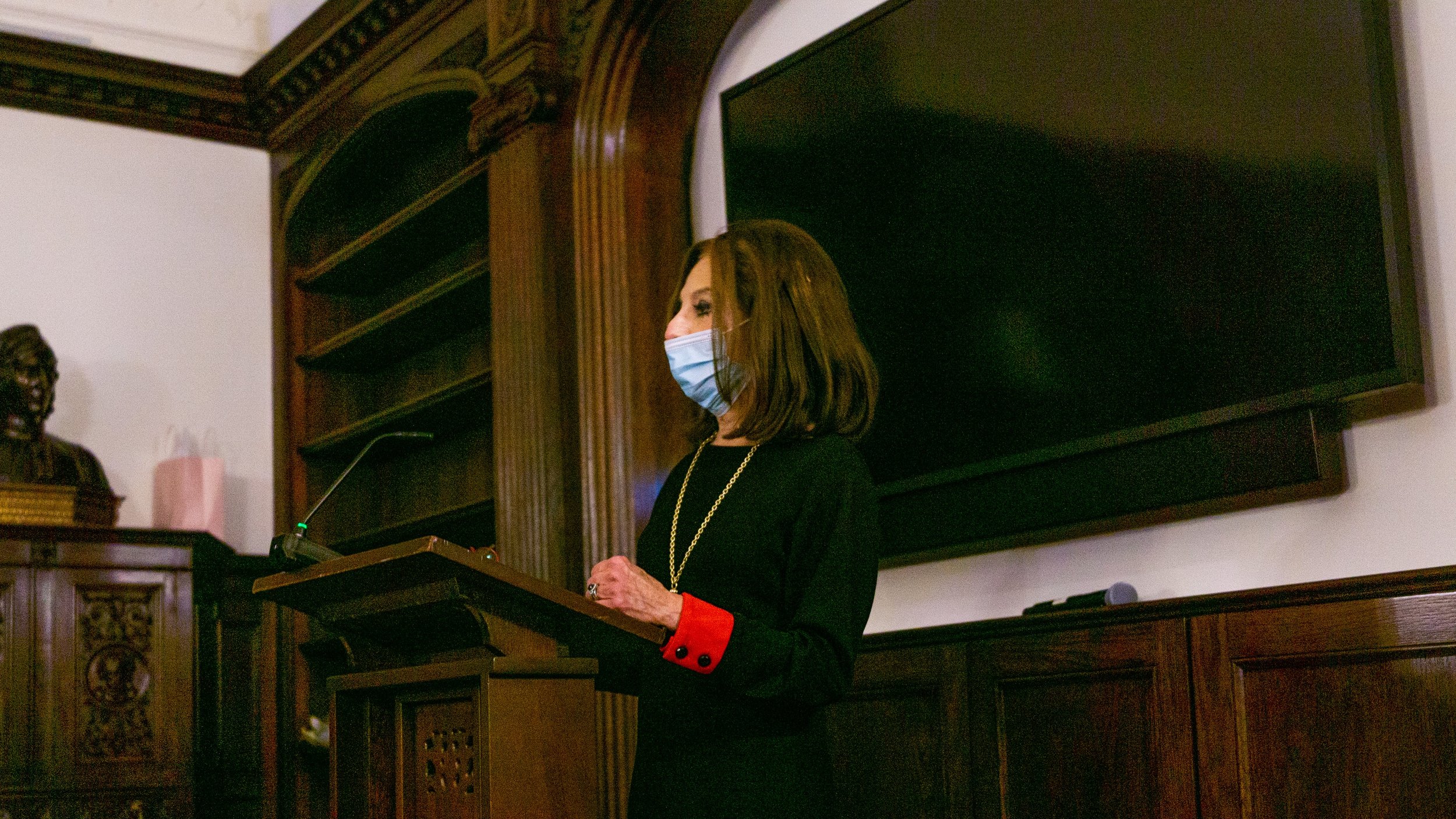ETHICS & STANDARDS
The International Relations Review is committed to publishing content that reflects the diversity and dynamism of modern international affairs. Our primary goal is to apply underrepresented approaches and voices to contemporary global issues without crossing the boundaries of academic writing. The content published by the journal may not reflect the opinions of the journal itself as the journal is a non-partisan publication and seeks to publish well-argued, well-researched, and well-rounded articles on a myriad of international affairs.
ETHICAL COMMITMENT
No writer, associate editor, or senior editor may not have financial, personal, or other connections to the subject matter or actors involved in published work.
Plagiarism and neglect of copyright laws are prohibited.
All information must be attributable to a reliable source.
Biases, rumors, and hateful messages are unacceptable and will not be included in published work.
EDITORIAL STANDARDS
Each written piece is assessed for originality and quality through an in-depth editing process. All writers, for the IRR’s online and physical publications, submit a written proposal and multiple revised drafts before final consideration for publication.
Beginning in Fall 2021, all print articles are reviewed by an independent panel of scholars and practitioners from diverse academic backgrounds. The IRR believes in publishing meaningful contributions to international affairs and strives to maintain high editorial standards.
DIVERSITY, INCLUSION, AND EQUITY
The IRR firmly believes in uplifting the contributions of people from diverse backgrounds. Our organization and staff embrace diversity of all forms and encourage writers from different races, ethnicities, religions, abilities, gender identities, and sexual orientations to apply their unique perspectives to their work.
Through a holistic application process that incorporates written and oral components, we hire staff with wide-ranging skills, abilities, and perspectives and the shared commitment to improving international affairs through original research and analysis.
To ensure all staff understands the importance of diversity, equity, and inclusion, the editorial team organizes an expert-led panel and discussion before the academic year begins.



